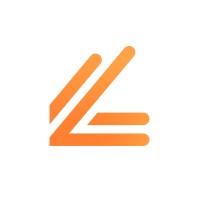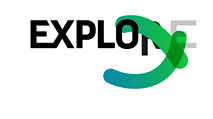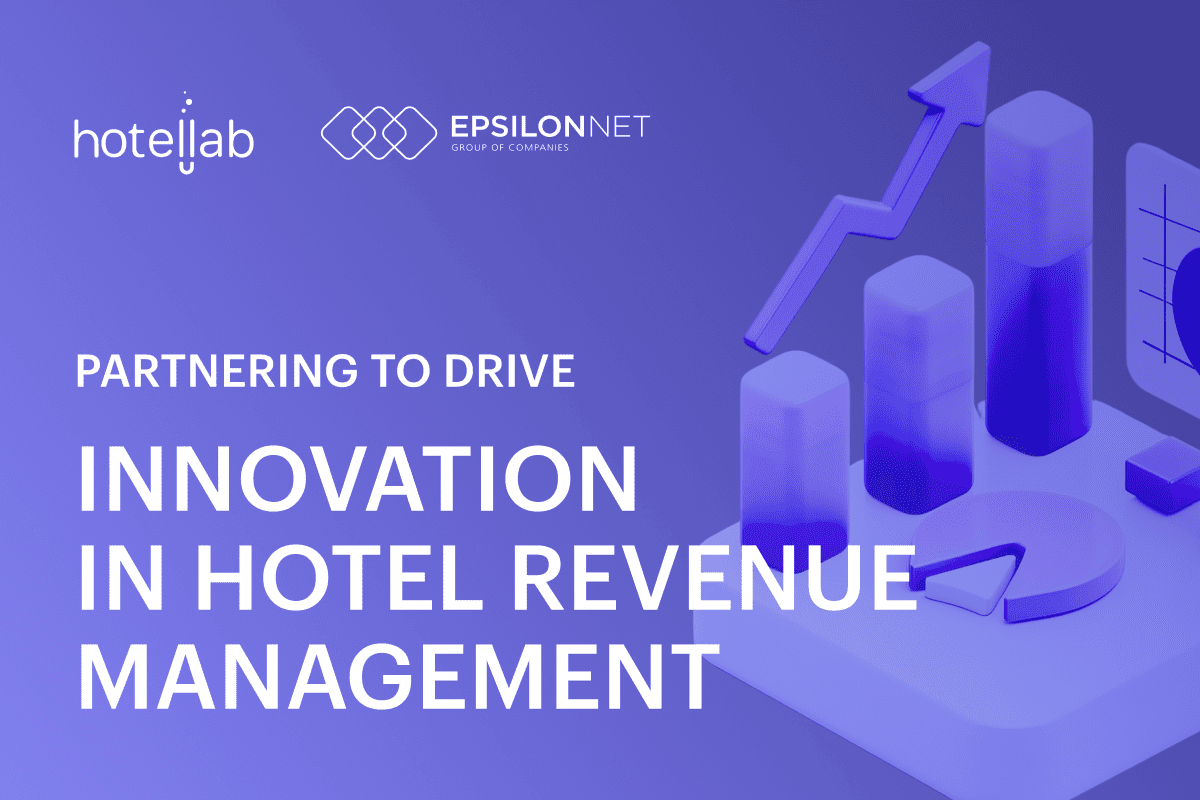

Hotel budget season represents a pivotal period for revenue managers—a time when key decisions are made that significantly influence the financial performance and overall success of your property in the coming year.
Typically starting around August for many hotels, the budgeting process demands careful consideration of various commercial and operational aspects, including staffing levels, demand forecasting, room revenue projections, pricing strategy, channel performance, economic and market analysis, and much more.
As you begin this crucial planning process, the current global economic landscape presents a unique set of challenges that underscore the importance of strategic investments in technology to lay a solid foundation for success.
Taking the current economic and political climate into account for budget season
The prevailing economic climate has created significant uncertainty and potential downside risks stemming from factors such as evolving government policies, ongoing trade disputes, and geopolitical instability. This introduces further complexities to financial planning through fluctuating demand patterns and heightened price sensitivity among travelers.
During economic downturns, competitive dynamics shift—hoteliers across all segments vie for a smaller pool of customers. With intensified competition and more price-conscious guests, sophisticated tools that provide real-time market insights become essential.
This enables you to implement the correct revenue strategies while safeguarding the perceived value and quality of your hotel's offerings.
1. Predictive demand intelligence
Accurately predicting future market demand empowers you to anticipate booking patterns, optimize pricing strategies, and allocate resources effectively.
With predictive demand intelligence, you can:
- Track when and where travelers are searching
- Identify key feeder markets
- Understand average stay durations
These insights let you adjust pricing, target marketing campaigns, and stimulate bookings in slower periods. It’s a significant improvement over relying solely on historical data—especially in a post-COVID environment.
Solutions like Market Insight offer:
- Real-time demand heat maps
- Search and stay pattern data
- Alerts for changes in demand
These tools allow you to implement dynamic pricing strategies that adapt to fluctuations and help maximize profitability year-round.
2. Gain a deeper understanding of competitor pricing strategies with rate intelligence
Monitoring competitor pricing is critical, especially with the fast-paced nature of OTAs and flash sales, not to mention the growing short-term rental market.
Rate intelligence tools, like Rate Insight, allow you to:
- Compare hotel and short-term rental pricing
- Review historical, current, and future rates
- Analyze competitor promotions (e.g., mobile-only rates, cancellation policies)
- Monitor OTA positioning and guest reviews
This intelligence gives you the strategic advantage to adjust your pricing and promotional activities in line with market conditions.
3. Reduce over-reliance on OTAs with a direct booking tool
OTA commissions eat into your revenue and weaken guest relationships. During uncertain times, reliance on OTAs often increases—but it doesn’t have to.
Direct booking tools, like The Hotels Network (THN), help you:
- Personalize the booking experience
- Show dynamic, behavior-based offers
- Use widgets (e.g., price comparisons, review scores) to boost conversion
These tools give you insights into guest behavior and preferences, allowing for smarter, personalized offers that increase direct bookings, guest satisfaction, and brand loyalty.
4. Boost Total Revenue Per Available Room with dynamic upsells
When demand dips, every dollar counts. Dynamic upselling helps increase TRevPAR by offering relevant, personalized services at key moments in the guest journey.
Solutions like Canary Technologies enable you to present offers:
- Post-booking (e.g., upgrades)
- Pre-arrival (e.g., spa treatments, early check-in)
- During stay or at checkout
Using guest data to tailor upsell options increases conversion and enhances the guest experience—all while driving revenue.
5. Data-driven decisions for revenue optimization with Business Intelligence
Hotel data often lives in silos, making it difficult to identify patterns and make smart decisions.
Business Intelligence (BI) platforms, like Lighthouse BI, aggregate data from PMS, RMS, CRM, and external sources to give you:
- Holistic performance views (rooms and non-rooms)
- AI-powered daily performance summaries
- Customizable, detailed reports
- Real-time analytics for more accurate forecasting
BI is especially valuable during budget season, helping you analyze occupancy, ADR, RevPAR, and other KPIs to set realistic goals and track success more effectively.
Strategic investment in technology for a successful budget season
As you move through this budget season, investing in the right technology will be essential.
In a world marked by economic uncertainty and shifting guest behaviors, the five tools outlined here will help you optimize revenue, improve operational efficiency, and ensure long-term profitability.
By making data-driven decisions and adopting smart tech, you can navigate uncertainty and seize opportunities with confidence.







